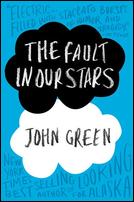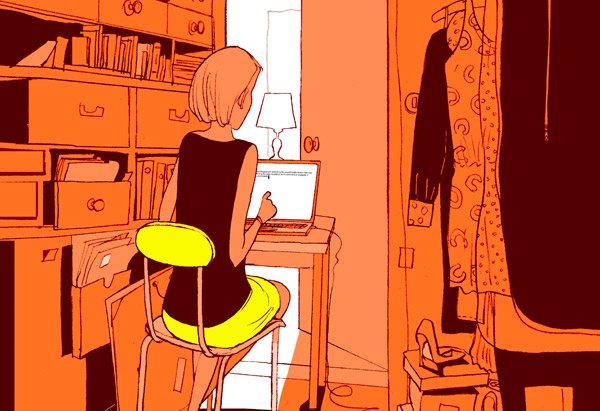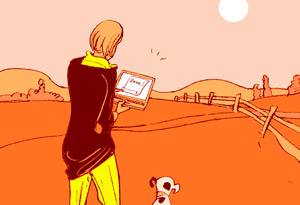I remember listening to a fellow writer years and years ago and she was telling me that one time a neighbor of hers was in the hospital with her dying husband. She knew she wanted to do something to help her friend, but she just wasn't sure what she could do. Should she bring cookies? Flowers? What? Well, being a writer she decided she'd run down to the local bookstore. She grabbed a few books on CD (this was before Kindle) and took them to her friend. She hugged this woman, told her she loved her and then gave her the gifts and left. Later, after the funeral, her friend came to her and told her that listening to those stories on CD had saved her sanity. For a few moments she could escape into a story and get a little peace. They helped her survive the hardest moments of her life.
That story has always stayed with me because I think it's powerful. Books can inspire, they can teach, they can help and sometimes when we need it, they can help us escape a bad situation for just a little while until we can gird up our loins so to speak and go back to the war. There have been many times in my life when I have turned to books for help. During my divorce, my choice was number one, the scriptures. I read them 3-4 times a day and I was able to have peace in the middle of a horrifying and tragic storm. But every now and then I'd pick up a light hearted romance to brighten my day. They were little rays of sunshine when I was feeling cold and drenched.
So as a writer, I like to keep in mind the people who read my stories. What can I do to lighten someone else's burden? How can bring laughter to someone's day? Because I know how grateful I am for writers who have done that for me.
That story has always stayed with me because I think it's powerful. Books can inspire, they can teach, they can help and sometimes when we need it, they can help us escape a bad situation for just a little while until we can gird up our loins so to speak and go back to the war. There have been many times in my life when I have turned to books for help. During my divorce, my choice was number one, the scriptures. I read them 3-4 times a day and I was able to have peace in the middle of a horrifying and tragic storm. But every now and then I'd pick up a light hearted romance to brighten my day. They were little rays of sunshine when I was feeling cold and drenched.
So as a writer, I like to keep in mind the people who read my stories. What can I do to lighten someone else's burden? How can bring laughter to someone's day? Because I know how grateful I am for writers who have done that for me.





















